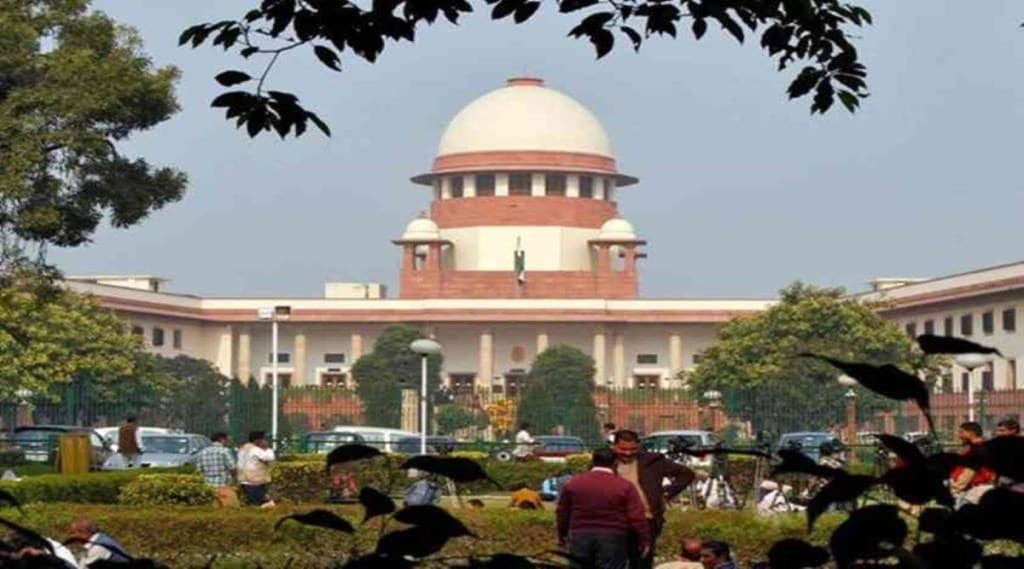The Supreme Court on Monday sought response from the Reserve Bank of India and others on the Sebi’s appeal against the Bombay High Court’s order that had allowed Reliance Commercial Finance’s shareholders to carry out a voting process based on the debenture trust deeds (DTDs) signed in compliance with a 2019 circular by the banking regulator. The RBI circular was aimed at time-bound resolution of stressed assets.
A bench led by Justice DY Chandrachud while seeking response from the RBI, Bank of Baroda, Reliance Commercial Finance, its shareholders and others directed that the results of the voting shall be produced before the court in a sealed cover on May 4, the next date of hearing.
The conflict has risen in this case due to application of two circulars issued by two regulators — RBI and Sebi. Voting was conducted under the RBI (Prudential Framework for Resolution of Stressed Assets) Directions 2019, issued on June 7, 2019, that allowed the lenders to enter into inter creditor agreement (ICA) for arriving at and implementing a resolution plan. Sebi, however, said the Sebi (Debenture Trustee) Regulations 1993 and its circular of October 13, 2020 were to be strictly complied with as they are meant to protect the interests of investors and to regulate the securities market.
Sebi has challenged the HC judgment, saying that the HC had lost sight of the fact that the provisions of its circular have been incorporated in the DTDs by reference, and hence, the terms of the deeds have to be read subject to the extant provisions of the securities law.

